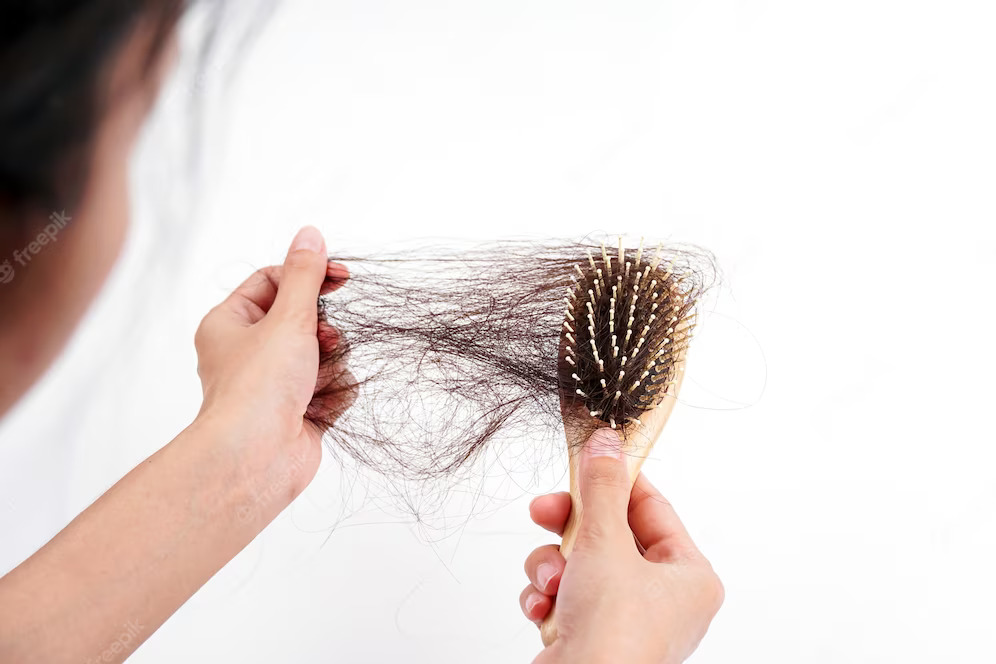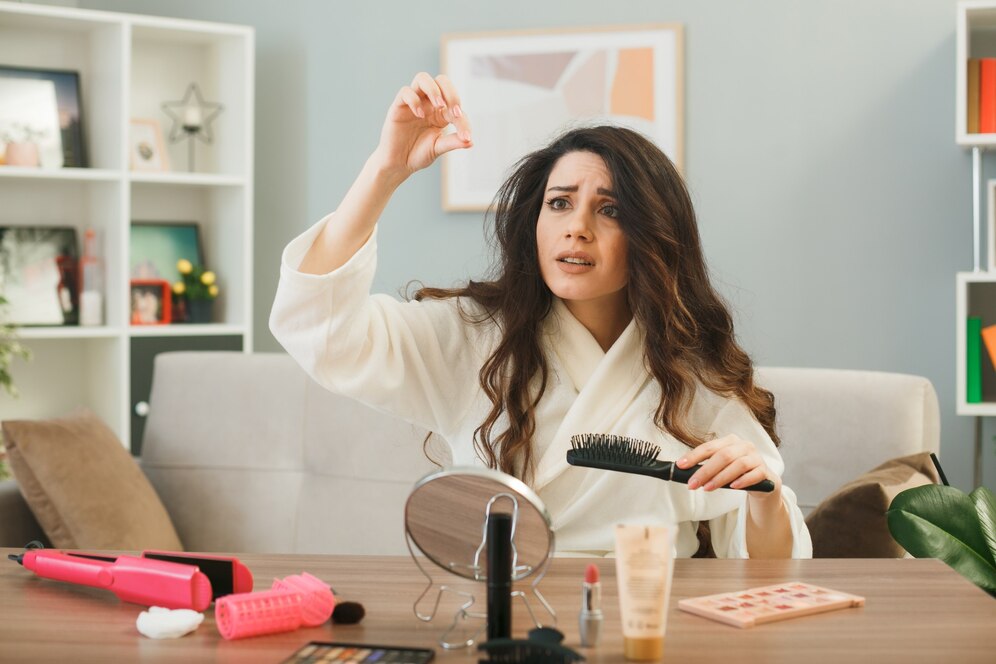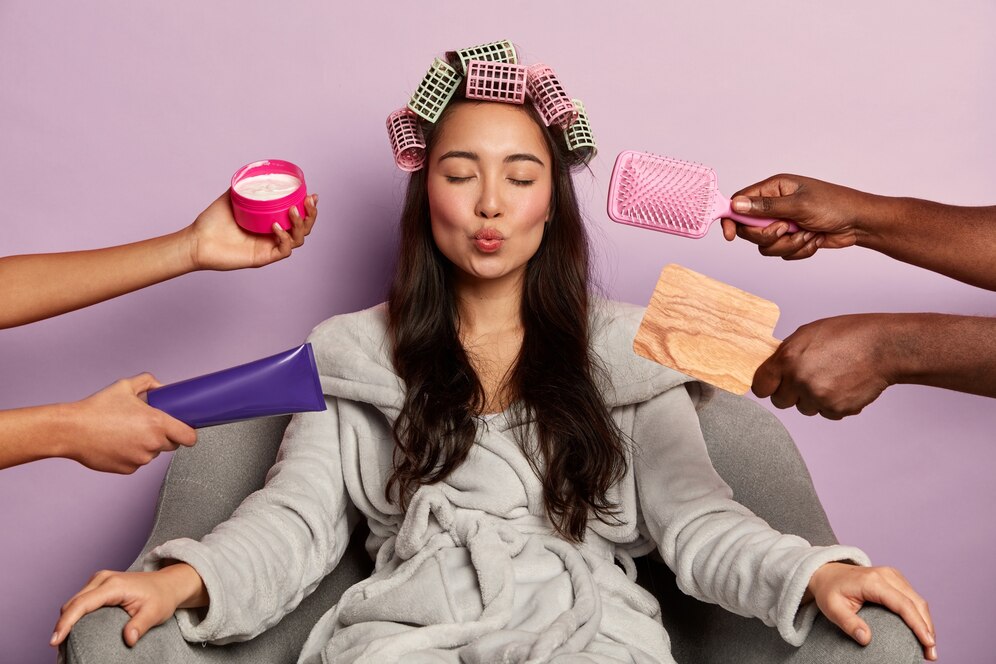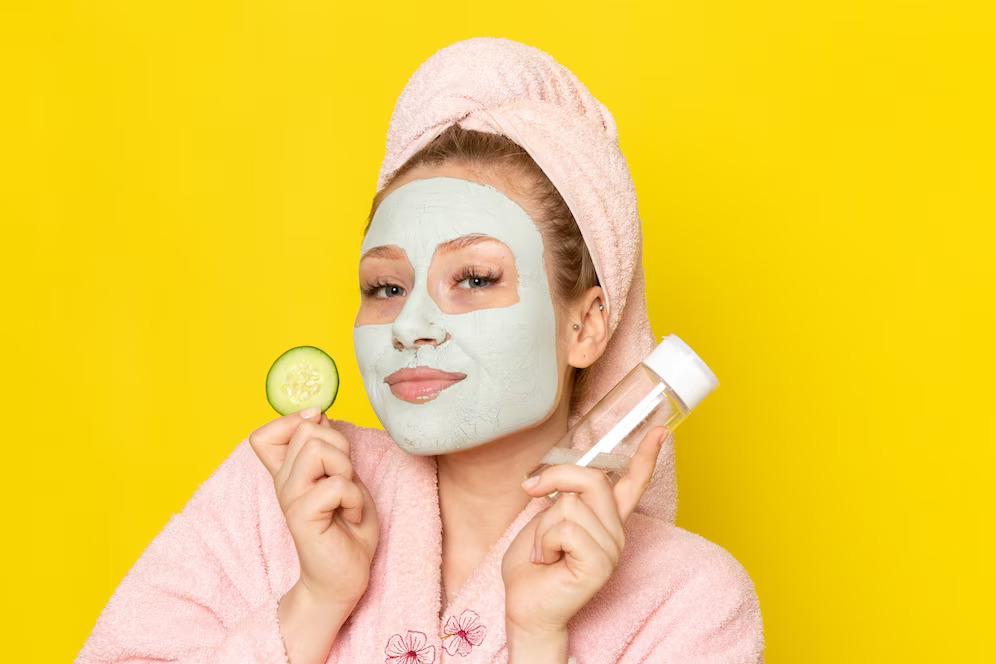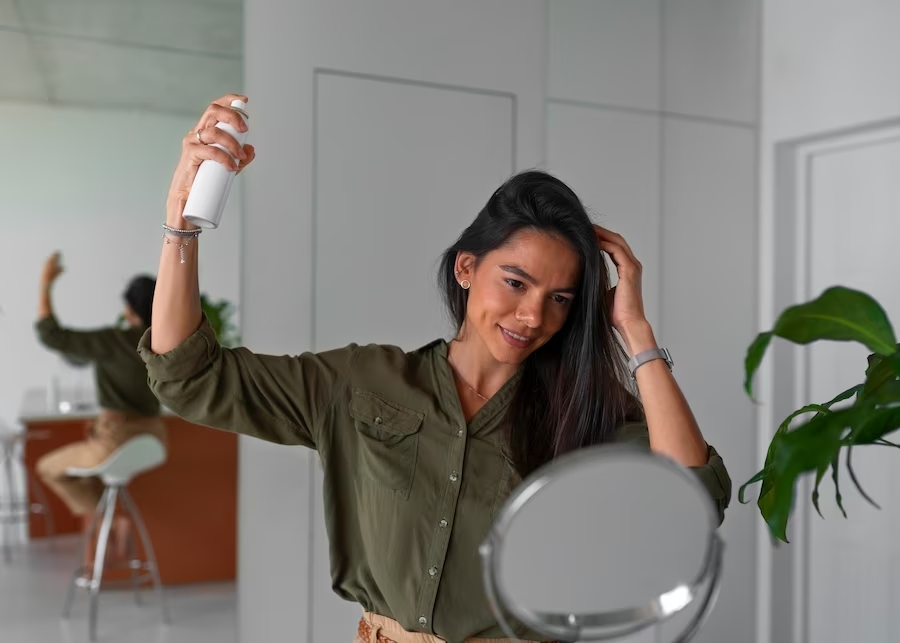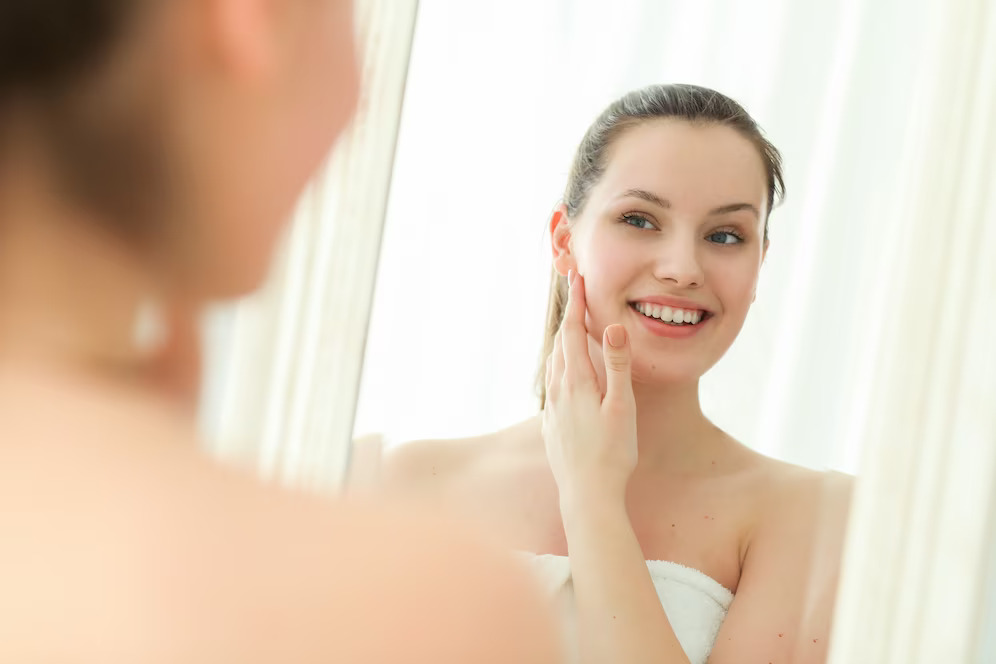In the realm of beauty, your hair is your crowning glory, but what happens when that crown starts to thin? Hair fall is a concern that plagues many, and understanding its intricacies is the first step towards finding effective solutions. From the complexities of hair growth to the impact of lifestyle choices, this article delves into the science behind hair fall and provides essential tips to help you regain control over your tresses.
Understanding Hair Fall
Normal vs. Excessive Hair Fall
Before we dive into the science, let’s clarify one thing: hair fall is normal. In fact, shedding around 50 to 100 strands a day is part of your hair’s natural cycle. However, when those fallen strands turn into clumps on your pillow or in your shower drain, it’s time to take a closer look.
The Science Behind Hair Fall
Hair Growth Cycles
Hair isn’t a static entity; it’s a dynamic structure with a lifecycle. Understanding this cycle helps unravel the mystery of hair fall. Your hair goes through a growth phase (anagen), a transitional phase (catagen), and a resting phase (telogen) before shedding and restarting the cycle.
Role of Hormones
Hormones aren’t just influencers of mood; they play a pivotal role in hair health too. Imbalances, such as elevated levels of dihydrotestosterone (DHT), can shrink hair follicles, leading to finer hair and eventual thinning.
Genetic and Environmental Factors
Blame it on your genes or the environment you’re exposed to—both contribute to hair fall. If your family tree boasts a history of hair loss, you might be genetically predisposed. Environmental factors like pollution, stress, and harsh hair care practices can exacerbate the issue.
5 Essential Tips to Combat Hair Fall
Balanced Nutrition for Strong Hair
Just like your body needs fuel to function, your hair needs nourishment to thrive. Protein, iron, vitamins (especially biotin), and omega-3 fatty acids are your hair’s best friends.
Gentle Hair Care Practices
Treat your hair with love, not aggression. Overwashing, harsh brushing, and tight hairstyles can damage your hair and lead to increased breakage.
Stress Management and Sleep
Remember, your hair isn’t separate from the rest of you. Stress can wreak havoc on your locks, so managing stress through relaxation techniques and quality sleep is essential.
Scalp Care and Massage
Imagine your scalp as the soil from which your hair grows. A healthy scalp promotes healthy hair. Regular massages improve blood circulation and ensure that your hair follicles receive the nutrients they need.
Professional Guidance and Treatments
When in doubt, consult a professional. Dermatologists and trichologists can analyze your specific condition and recommend treatments that address the root cause.
Dispelling Common Myths
Frequency of Hair Washing
Contrary to popular belief, washing your hair frequently doesn’t necessarily lead to hair fall. In fact, keeping your scalp clean can promote a healthy environment for hair growth.
Hat Wearing and Hair Fall
Wearing a hat won’t make your hair suffocate. As long as your hats are clean and not too tight, they won’t contribute to hair loss.
Building a Healthy Hair Care Routine
Tailoring to Hair Type
Just as your skin has unique needs, your hair does too. Understand your hair type—whether it’s oily, dry, curly, or straight—and tailor your routine accordingly.
Consistency and Patience
Rome wasn’t built in a day, and neither is a healthy head of hair. Consistency in your care routine and patience with results are key.
Lifestyle Changes for Hair Health
Hydration and Nutrient Intake
Hydration isn’t just for your skin; it’s for your hair too. Drink enough water, and include a variety of nutrient-rich foods in your diet.
Physical Activity and Blood Circulation
Exercise isn’t just about a toned physique; it’s about promoting blood circulation, which ensures that your hair follicles receive ample nutrients.
Preventing Hair Fall: A Holistic Approach
Mind-Body Connection
Stress doesn’t just affect your mind; it shows on your hair. Engage in activities that help you unwind, whether it’s meditation, yoga, or a leisurely walk.
Overall Well-being and Hair Health
Remember, your hair is a reflection of your overall well-being. A balanced lifestyle, a nutrient-rich diet, and self-care practices all contribute to healthy hair.
Final Thoughts
Understanding the science behind hair fall is like deciphering a code that leads to luscious locks. Armed with knowledge about hair growth cycles, hormones, and lifestyle factors, you’re equipped to make informed choices. By embracing essential tips like balanced nutrition, gentle care, stress management, and seeking professional guidance when needed, you’re taking proactive steps towards maintaining a healthy mane. Remember, while achieving results might take time, the journey is a testament to your commitment to self-care and your desire for vibrant, voluminous hair.
Disclaimer: The information provided in this article is for informational purposes only and should not be considered as medical advice. Consult a healthcare professional for personalized guidance regarding your hair health.

David M is a seasoned author renowned for his expertise in health tips and homemade remedies. With a passion for wellness, he diligently researches and meticulously analyzes a plethora of online resources, ensuring their credibility. David’s dedication shines through as he curates invaluable information, catering to health enthusiasts.

